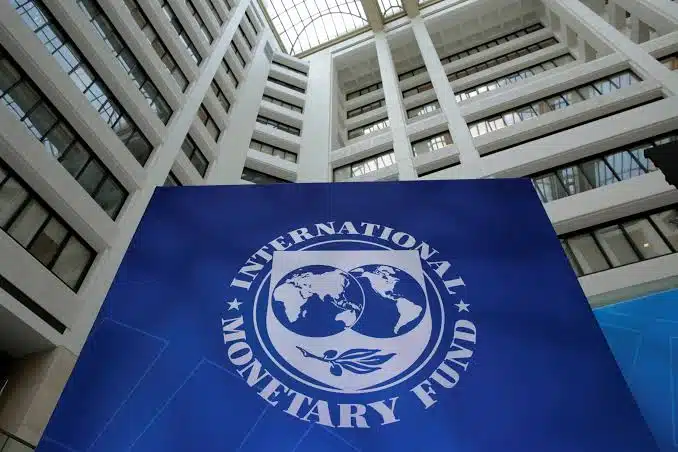Ethiopia’s tax system remains among the weakest in Africa, and despite ongoing reforms, the government is still falling well short of raising the revenue needed to fund its development goals, according to the International Monetary Fund (IMF) latest country report.
“Despite having statutory tax rates broadly aligned with regional peers, Ethiopia’s tax collection is still falling short of potential,” the IMF said, warning that the country is not mobilising enough domestic revenue to meet its spending needs.
As of 2025, Ethiopia’s tax-to-GDP ratio is estimated at just 8%—significantly below the sub-Saharan African average of 12–15% and well beneath the IMF’s recommended minimum threshold of 15% for sustainable development.
Reforms underway, but gains are gradual
The IMF noted that reforms are gaining traction, albeit slowly. A major overhaul of the Personal Income Tax (PIT) system is underway, targeting improved equity and stronger compliance. PIT contributed just 2.9% of GDP in 2024—down from near the regional median a few years ago—but remains a relatively stable source of revenue.
Corporate income tax rules are also being streamlined, particularly for state-owned enterprises and large firms, to enhance consistency and efficiency across sectors.
Meanwhile, the government is reviewing a host of VAT exemptions—especially in agriculture, food transport, and social services—which have historically eroded the VAT base. As a result, Ethiopia ranks in the bottom 10th percentile among its regional peers for VAT collection.
Trade-related tax revenues have also declined sharply, now contributing only 1.5% of GDP in 2024, following a drop in trade volumes.
To plug these gaps, Ethiopia has accelerated efforts to modernize its tax infrastructure, including the rollout of e-filing systems, improved taxpayer registries, and integrated digital platforms designed to enhance compliance and reduce leakages.
Potential exists, but structural barriers remain
According to the IMF, Ethiopia could raise an additional 4–5 percentage points of GDP in tax revenue through better policy and stronger enforcement, bringing it closer to the 15% benchmark.
A Stochastic Frontier Analysis in the report suggests the country’s tax potential could reach 17% of GDP, significantly higher than current levels.Still, revenue growth has been sluggish.
The tax-to-GDP ratio stood at 7.6% in 2023, rising only modestly in 2024. The IMF projects small gains for 2025, hindered by persistent structural challenges—including weak administrative capacity, a fragmented economy, and a narrow, hard-to-expand tax base.
One major constraint is the dominance of agriculture, which accounted for 26.4% of GDP in 2024 (about ETB 1.046 trillion or $7.68 billion). While this is down from 33% a decade ago, over 95% of the sector’s output comes from informal smallholder farmers, making enforcement and collection extremely difficult.
The broader fiscal picture
Ethiopia’s low tax revenue severely constrains its ability to invest in infrastructure, healthcare, and education—at a time when rising inflation, limited foreign exchange, and mounting debt further strain public finances.
While raising taxes too aggressively could stifle economic recovery or trigger public backlash in a post-conflict setting, the IMF warns that inaction could be far more damaging in the long term.






